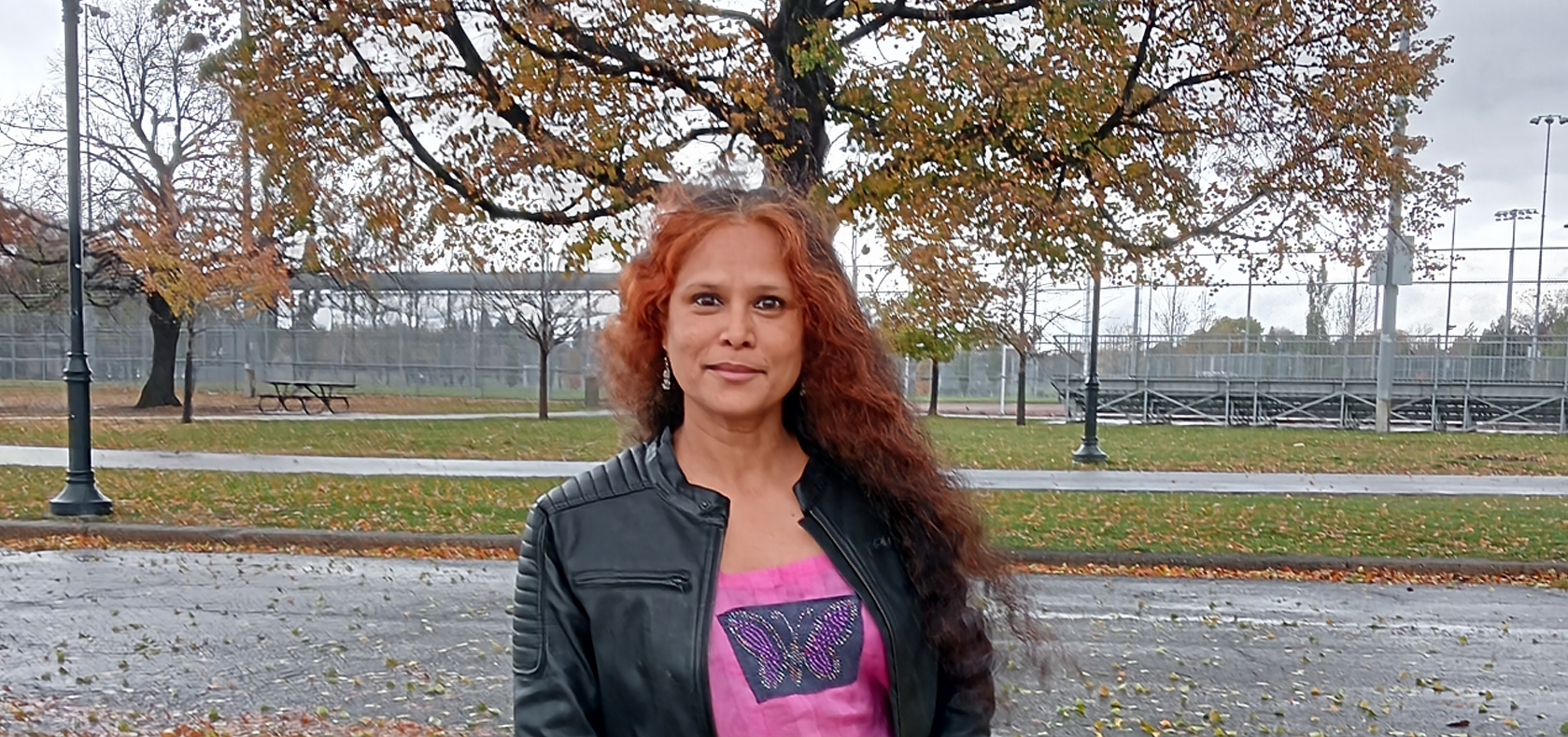In the words of Banani Mallick: “I have witnessed many offensive acts directed at women journalists”
Date:

Banani Mallick is an investigative reporter and freelance journalist. She has worked for various print media outlets in Bangladesh covering human rights and environmental issues. She has a master’s degree in political science from Dhaka University in Bangladesh, and in Mass Communication and Journalism from Pune University in India. Ms. Mallick has been awarded national and international awards including the Bangladesh Press Council award, and Best Print Media Reporting Award (Save the Children). In 2022, she participated in the initiative “Women Journalists Journal: Stories of Gender Justice from Women Journalists across the Asia-Pacific,” led jointly by UN Women, and the Office of the United Nations High Commissioner for Human Rights, and generously supported by the Swedish International Development Cooperation Agency.
![]()
In Bangladesh’s sociocultural context, the scope and opportunities for women to work as journalists are quickly shrinking. This is happening mainly due to a growing influence of negative patriarchal power. Misogyny, toxic work environments and extremism is amplifying patriarchal intolerance of women in the field of journalism. Mounting communal attitudes and conventional superstitions is further creating barriers for women to enter and thrive in this sector.
I have witnessed patriarchal power in almost every sphere of life, ranging from my social upbringing and education to societal norms. I have seen the negative influence of patriarchy on society and its institutions and wish for it to be replaced with values of empathy, human life, and well-being.
Patriarchal norms are particularly visible and challenging and for women journalists of minority communities. Consider my case, for instance. As a Hindu, I am a member of a minority community. As a woman, I have endured many struggles in moving my career forward because of patriarchal powers threatening my professional existence. Our male colleagues are not prepared to recognize that their female colleagues’ work is equal to theirs — or even better.
Numerous male colleagues have made my career difficult by harassing and stalking me, both inside and outside the office. In 2017, a number of my male colleagues conspired to damage my reputation by branding me as a woman of low morals and questionable character. I have witnessed many offensive acts directed at women journalists, especially after male colleagues have recognized our potential and learned that we are outspoken about gender and women’s rights issues. I have also seen how promptly employees respond when a male journalist asks for a non-work-related favour (say, ordering a cup of tea) and how slowly they respond when a woman journalist asks for a similar favour.
Over the last several years, people have proposed that if women journalists occupy high-level policymaking positions, they can ensure justice and human rights for journalists and bring an end to gender discrimination. However, discrimination also happens at the hands of female colleagues. I have met many women reporters who, similar to their male counterparts, have been discriminatory and uncooperative. In particular, a former woman chief reporter had been unkind and unfair in dealing with me for years. The repetition of this treatment, including from female colleagues, has often driven me to work/life stress and depression.
Observing in silence, I have gradually come to realize that they, too, are victims of patriarchal power. That when they assume a powerful position, they too start exerting power on their subordinates.
I therefore remain unconvinced that by solely empowering women at the top level, women in journalism will not face the deprivations that I have witnessed and endured. But I do think we need role models who can become a source of inspiration and courage. Perhaps I can be a model for others. Irrespective of gender identity, we need non-patriarchal allies who treat women as part of humanity.
There is a need for training and discussions on gender-related issues in media outlets, targeting colleagues from top to bottom. I think it will help us to have gender-friendly people around us and to remove threats to freedom of expression that prevents journalists from delivering true and fearless journalism.”